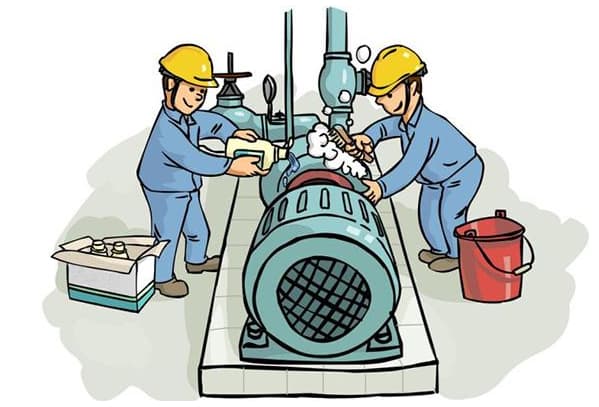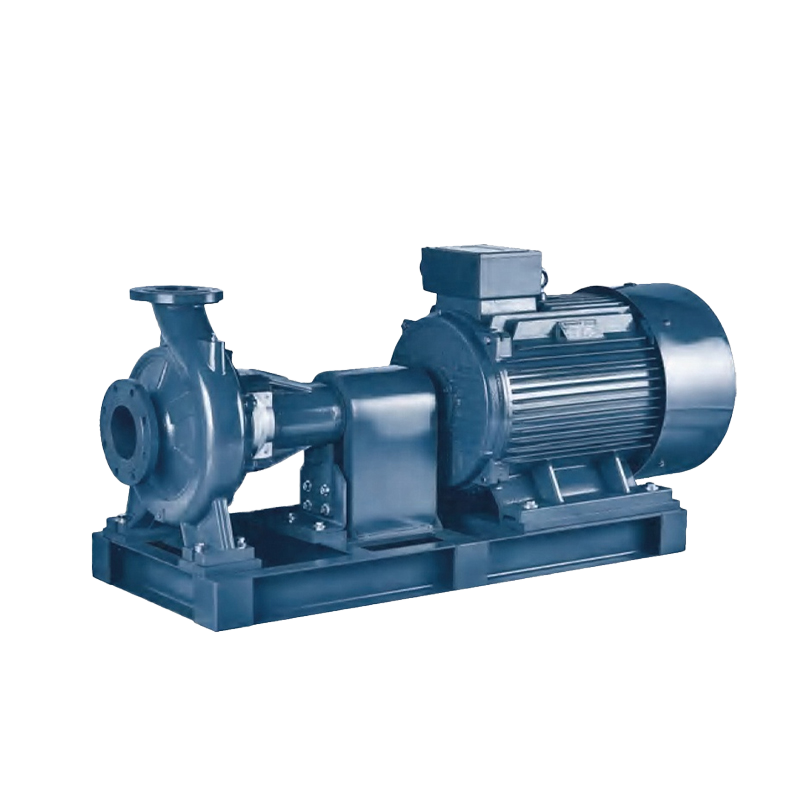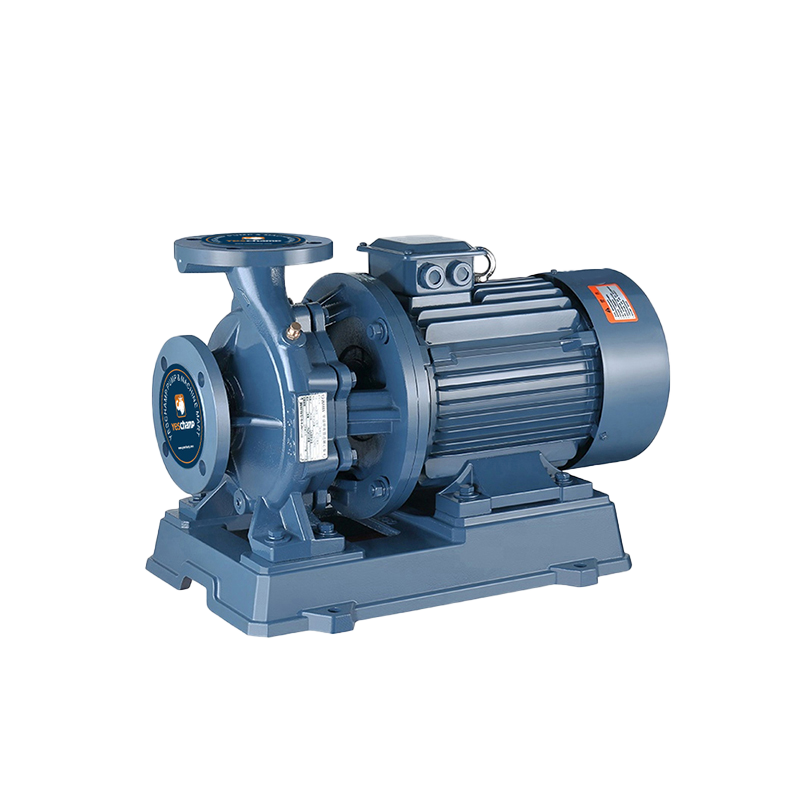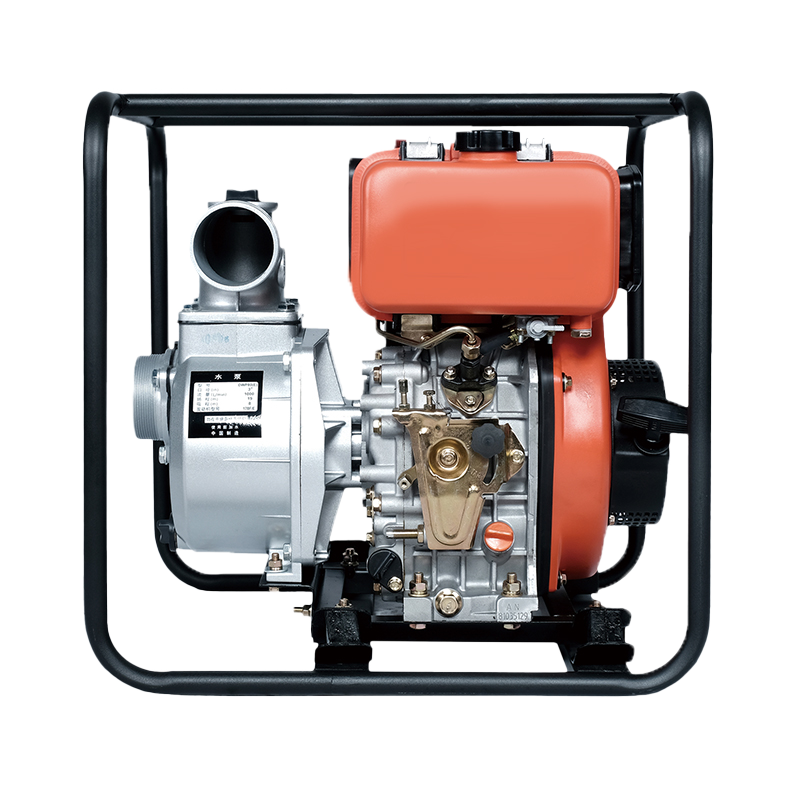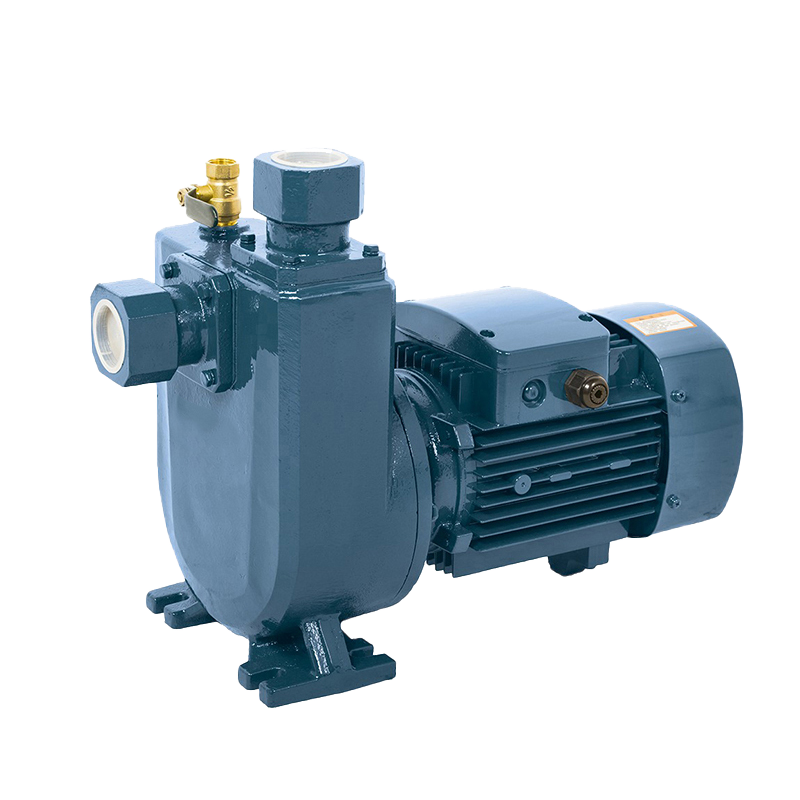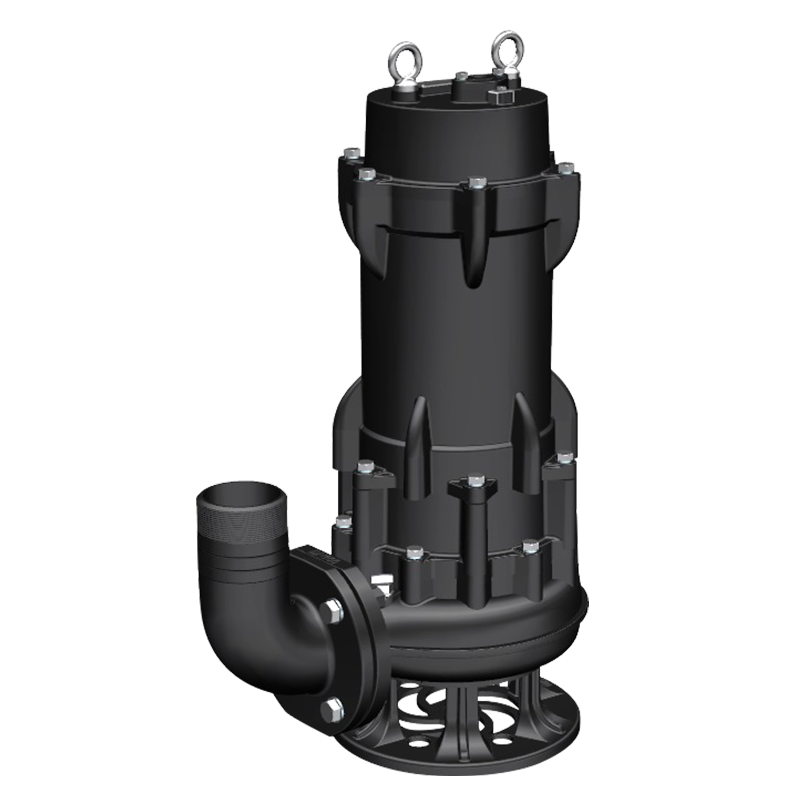Split Case Pump: The Complete Guide to Design, Benefits, and Applications
Split case pumps are among the reliable and efficient pumping solutions for high-capacity fluid transfer. Known for their unique horizontal split casing design, these pumps are widely used in water supply, HVAC systems, industrial processes, and fire protection.
What Is a Split Case Pump?
A split case pump is a type of centrifugal pump with a casing that splits horizontally, allowing easy access to internal components without disconnecting the piping. This design makes maintenance and inspections faster and more cost-effective.
Key Features:
Horizontal Split Casing: Enables quick servicing of impellers, bearings, and seals.
Double-Suction Impeller: Balanced hydraulic forces reduce wear and vibration.
High Efficiency: Optimized for large-volume fluid transfer with minimal energy loss.
Durable Construction: Typically made of cast iron, stainless steel, or bronze for longevity.
How Does a Split Case Pump Work?
Split case pumps operate on centrifugal force:
Fluid Entry: Liquid enters through both sides of the impeller (double suction), ensuring balanced load distribution.
Impeller Rotation: The rotating impeller accelerates the fluid outward.
Discharge: The casing converts kinetic energy into pressure, pushing the fluid out through the discharge port.
This design minimizes axial thrust, reducing bearing wear and extending pump life.
Advantages of Split Case Pumps
Easy Maintenance – Split casing allows quick access to internal parts.
High Efficiency – Double-suction impeller reduces energy consumption.
Long Service Life – Robust construction minimizes wear and tear.
Versatile – Handles clean water, mildly abrasive fluids, and high temperatures.
How to Choose the Right Split Case Pump
When selecting a split case pump, consider:
Flow Rate (GPM/LPS) – Match the pump’s capacity to your system requirements.
Pressure (PSI/Bar) – Ensure the pump meets your pressure needs.
Material Compatibility – Choose cast iron, stainless steel, or specialty alloys based on fluid type.
Efficiency Rating – Look for pumps with high Hydraulic Institute (HI) ratings.
Maintenance Requirements – Opt for models with easy-access seals and bearings.
Split case pumps are a top choice for industries requiring high flow rates, reliability, and easy maintenance. Whether for water supply, HVAC, or industrial use, their efficient design ensures long-term performance.
 English
English عربى
عربى
 Fire Pump and System
Fire Pump and System Split Case Pump
Split Case Pump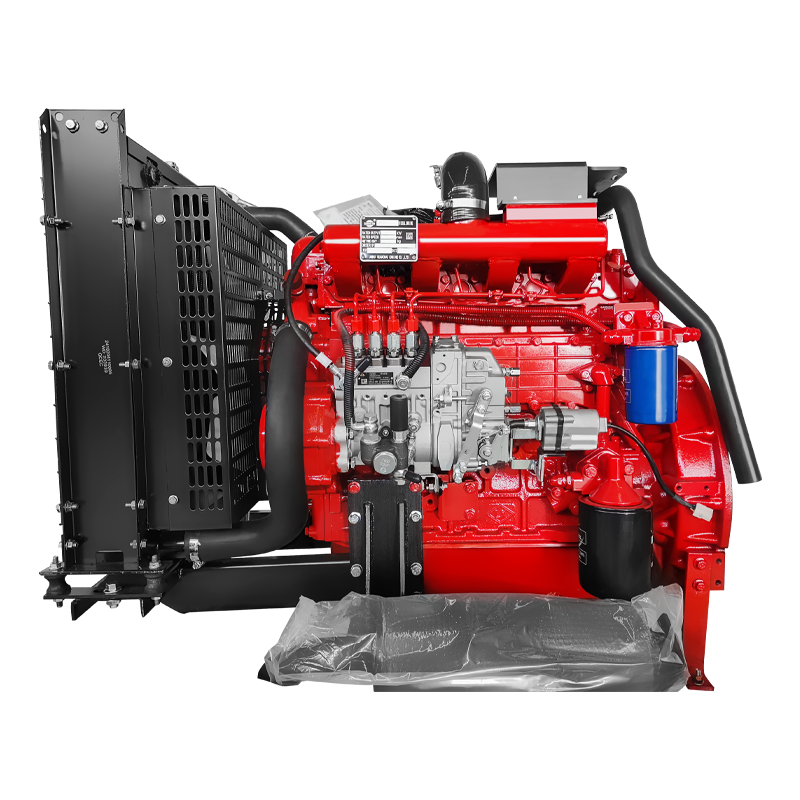 Engine and Pump
Engine and Pump Long Shaft Pump
Long Shaft Pump Multistage pump
Multistage pump Water Supplier System
Water Supplier System Sewage Pump
Sewage Pump Industrial Pump
Industrial Pump Self-Priming Pump
Self-Priming Pump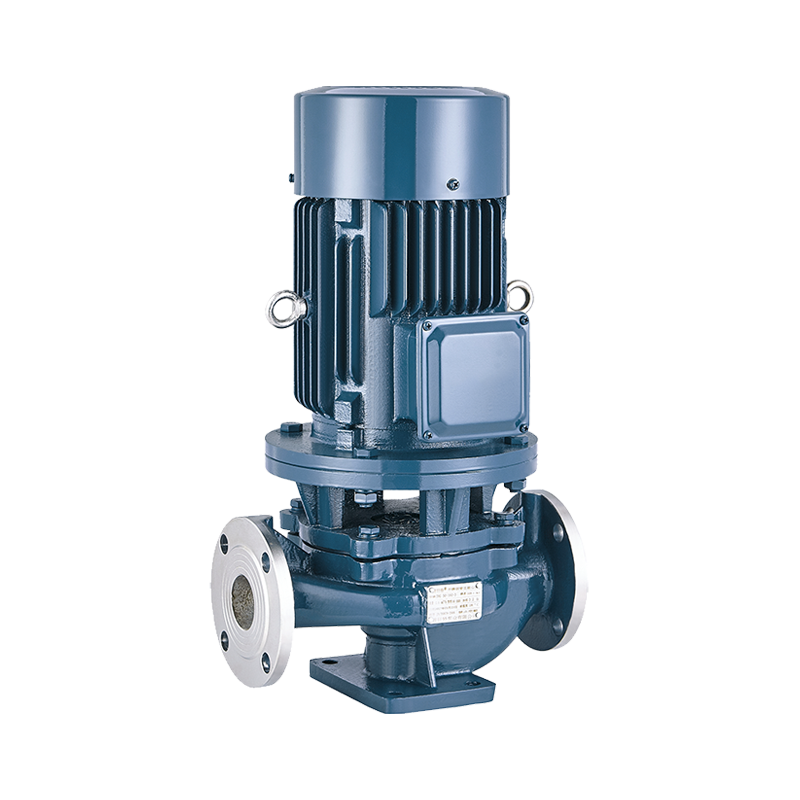 Inline Pump
Inline Pump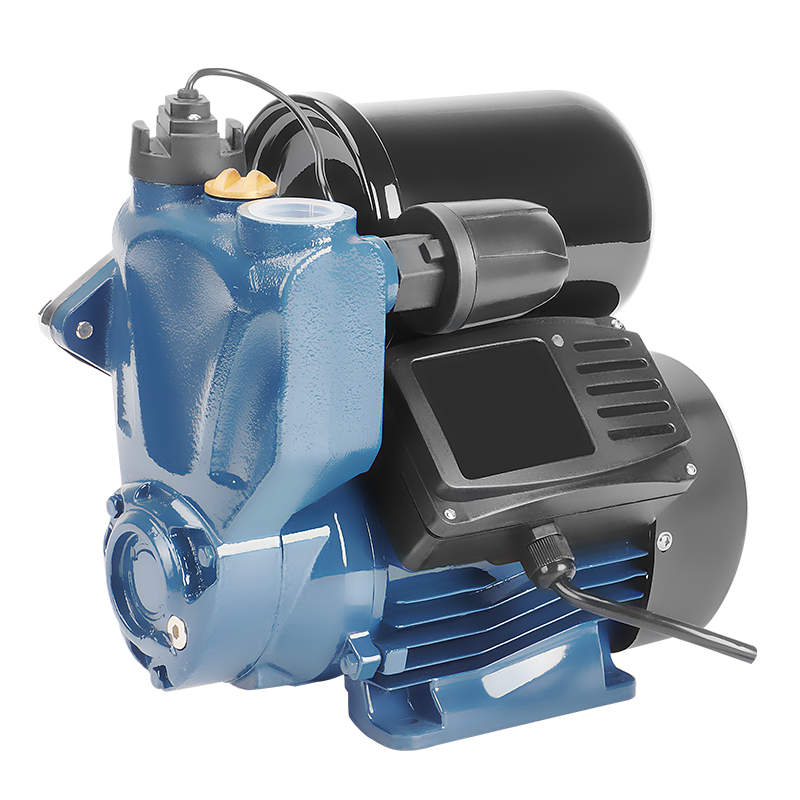 Domestic Pump
Domestic Pump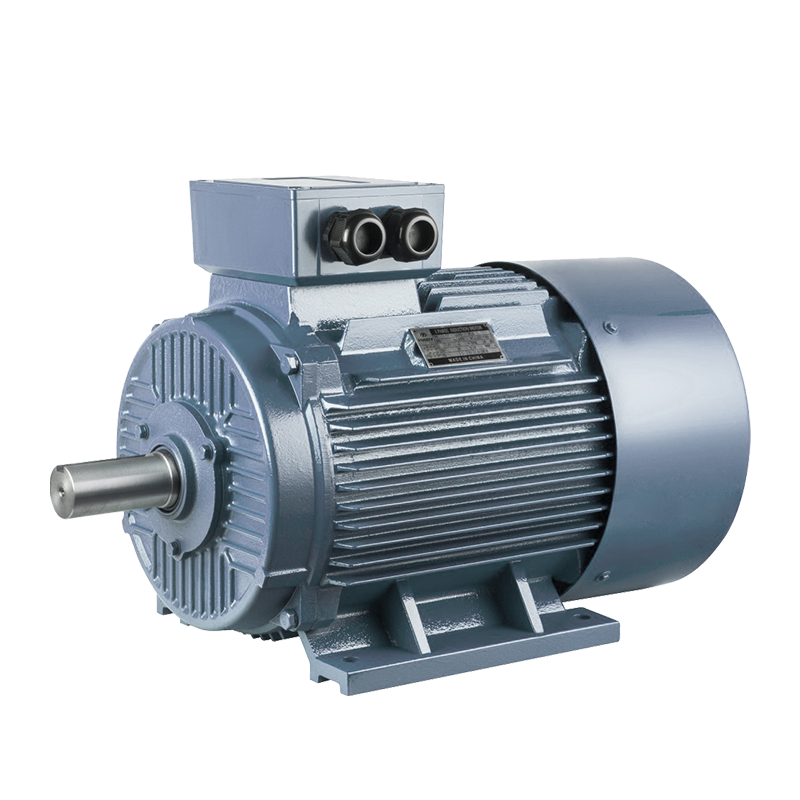 Electric Motor
Electric Motor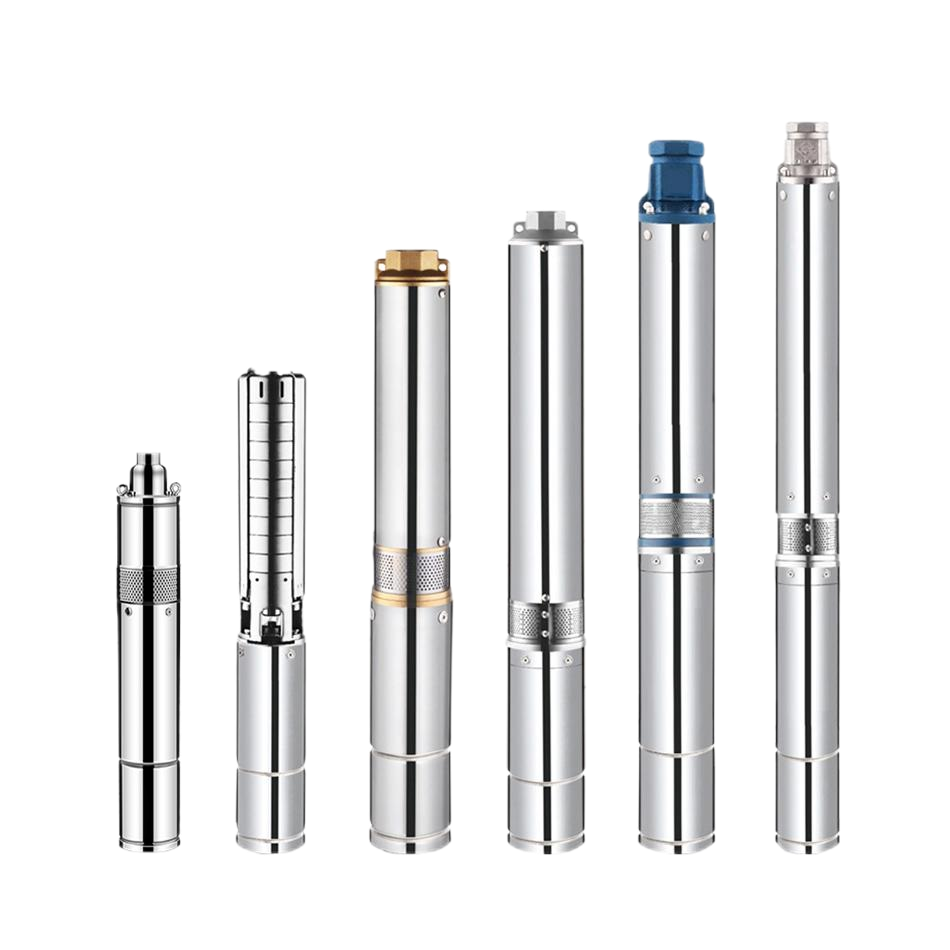 Borehole Pump
Borehole Pump